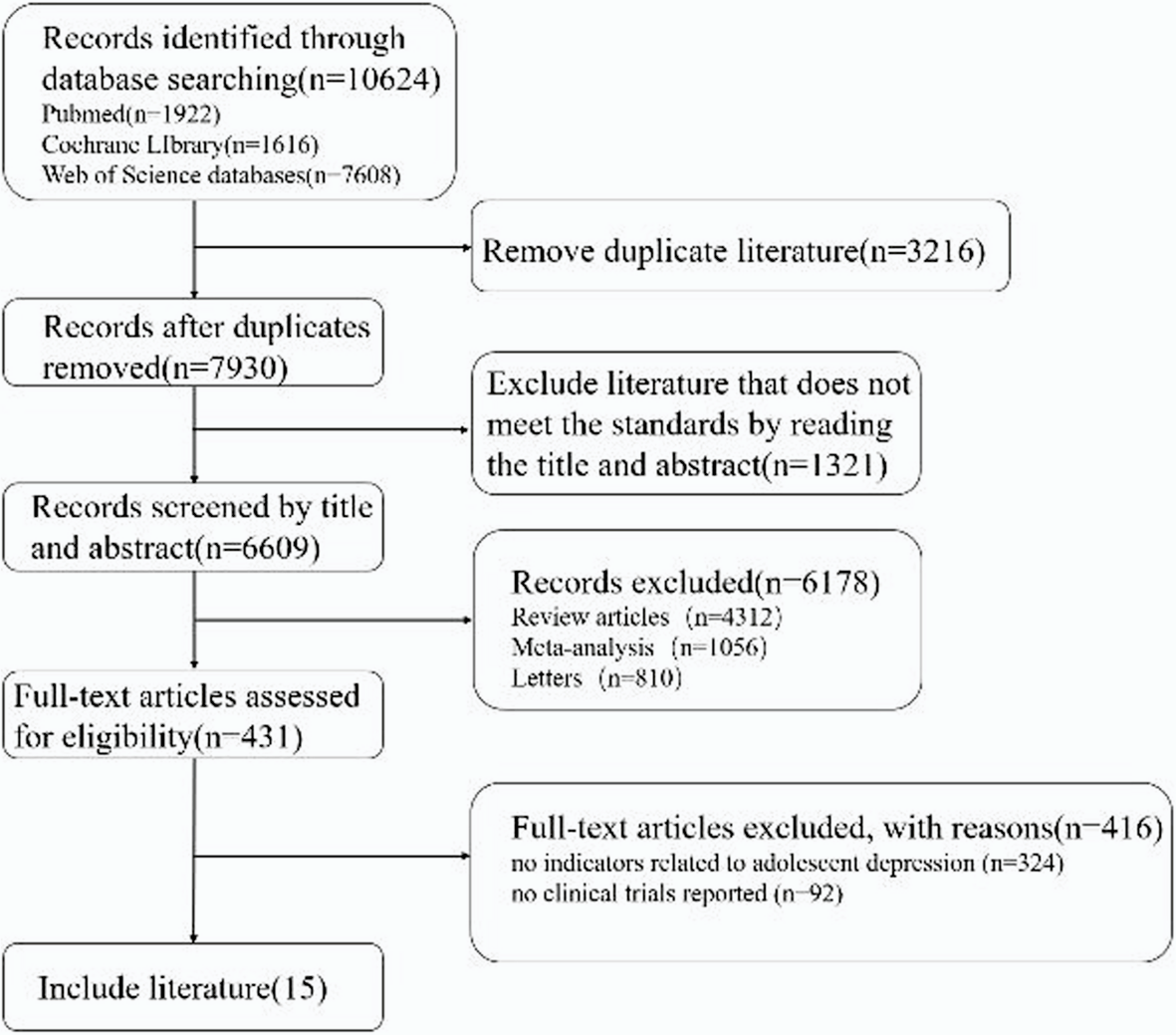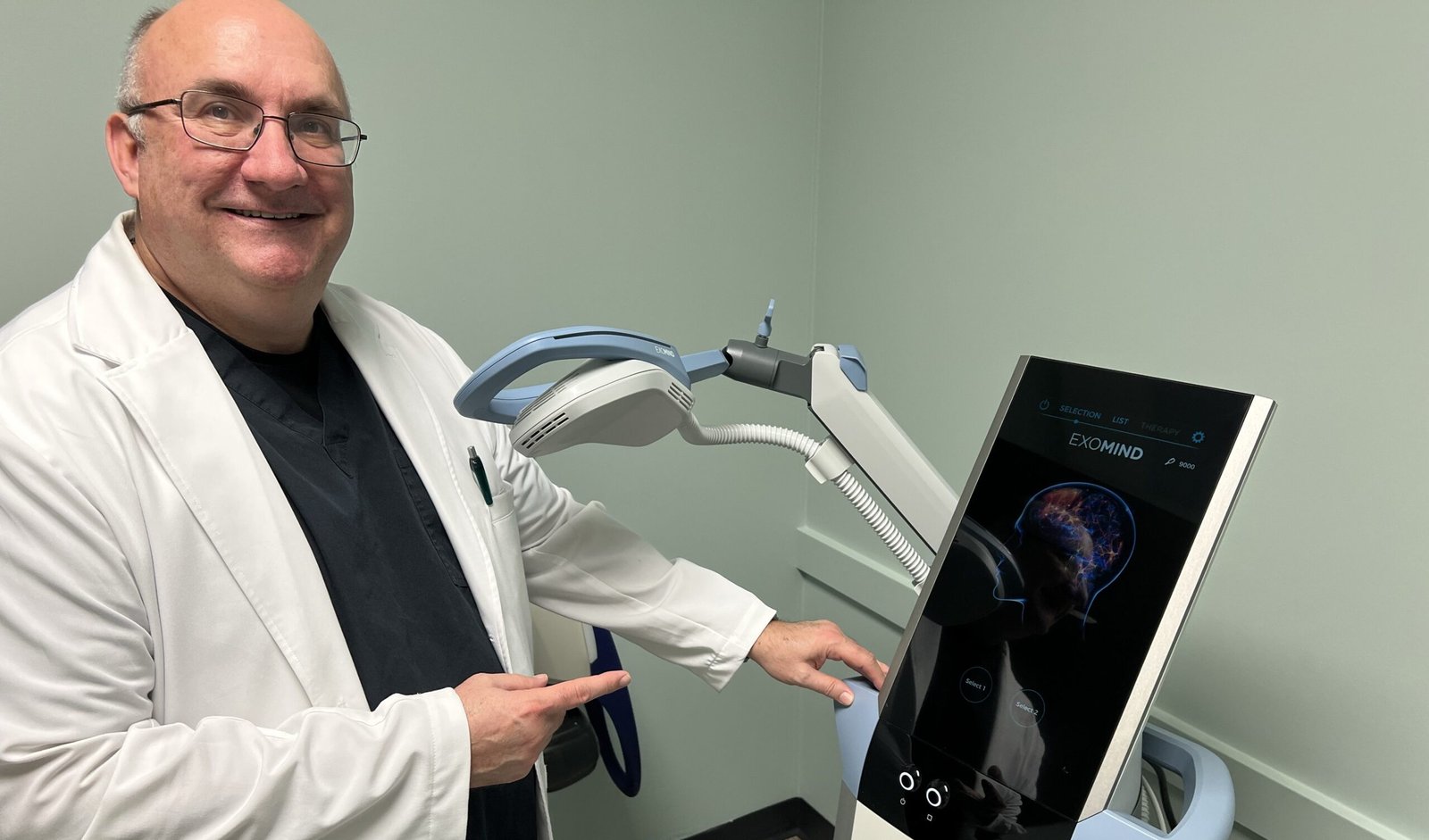A recent study published in Molecular Psychiatry highlights the effects of electroconvulsive therapy (ECT) on the hippocampus in patients suffering from severe depression. Researchers observed that ECT leads to measurable increases in hippocampal volume, suggesting an enhancement in neuroplasticity.
The study involved 43 patients with severe depression undergoing ECT and a control group of 24 individuals. Researchers used advanced MRI techniques, including Neurite Orientation Dispersion and Density Imaging (NODDI), to analyze changes in the brain’s structure over time. MRI scans were conducted at three intervals: at the beginning of the treatment (baseline), after five ECT sessions, and following the completion of the therapy.
The analysis revealed that ECT resulted in significant bilateral increases in hippocampal volume, indicating structural changes associated with the treatment. Specifically, the study noted alterations in several diffusion indices, including axial diffusivity (AD), radial diffusivity (RD), and fractional anisotropy (FA), which are important markers of brain health and integrity.
The findings support the hypothesis that ECT not only alleviates depressive symptoms but also triggers physical changes in the brain that may promote recovery. By employing a longitudinal design and sophisticated imaging methods, the research provides robust evidence that ECT can foster neuroplasticity in patients. This suggests that the therapy may help rebuild neural connections and improve cognitive functions affected by depression.
Researchers expressed gratitude to the patients and staff involved in the study, emphasizing the importance of collaboration in advancing mental health treatment. The study was supported by the Groupe Hospitalier Universitaire Paris Psychiatrie et Neurosciences and the Fondation de France.
The implications of this research are significant, as they offer a clearer understanding of how ECT can not only treat symptoms of severe depression but also facilitate structural changes in the brain that may lead to long-term recovery. As mental health treatments evolve, findings like these highlight the potential for therapies that promote brain health alongside symptom relief.



